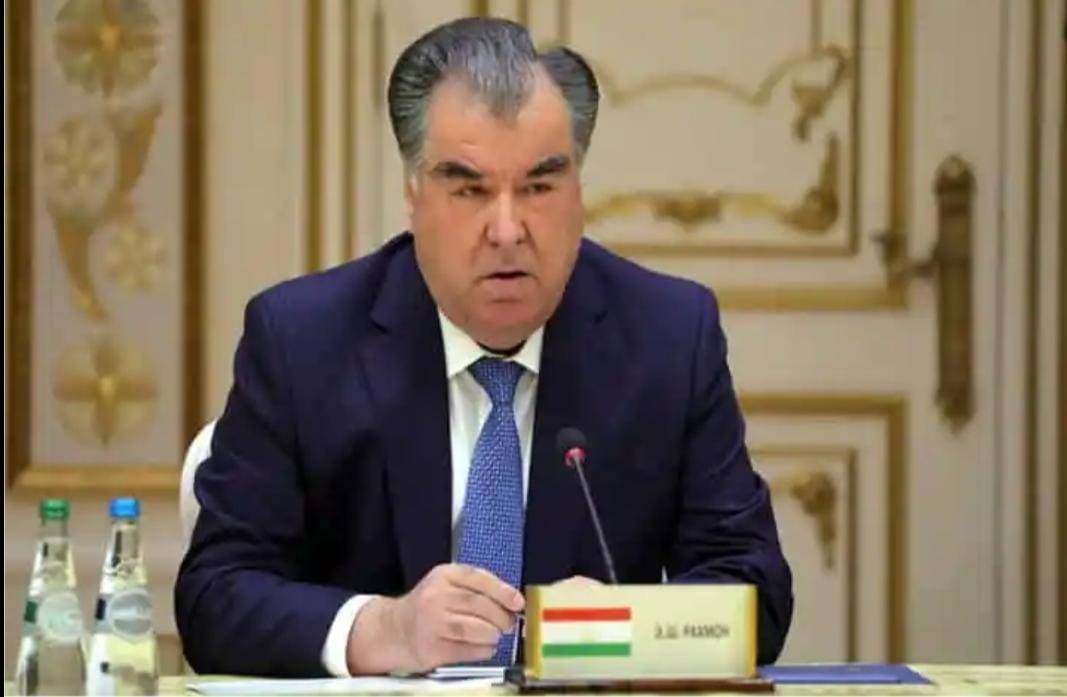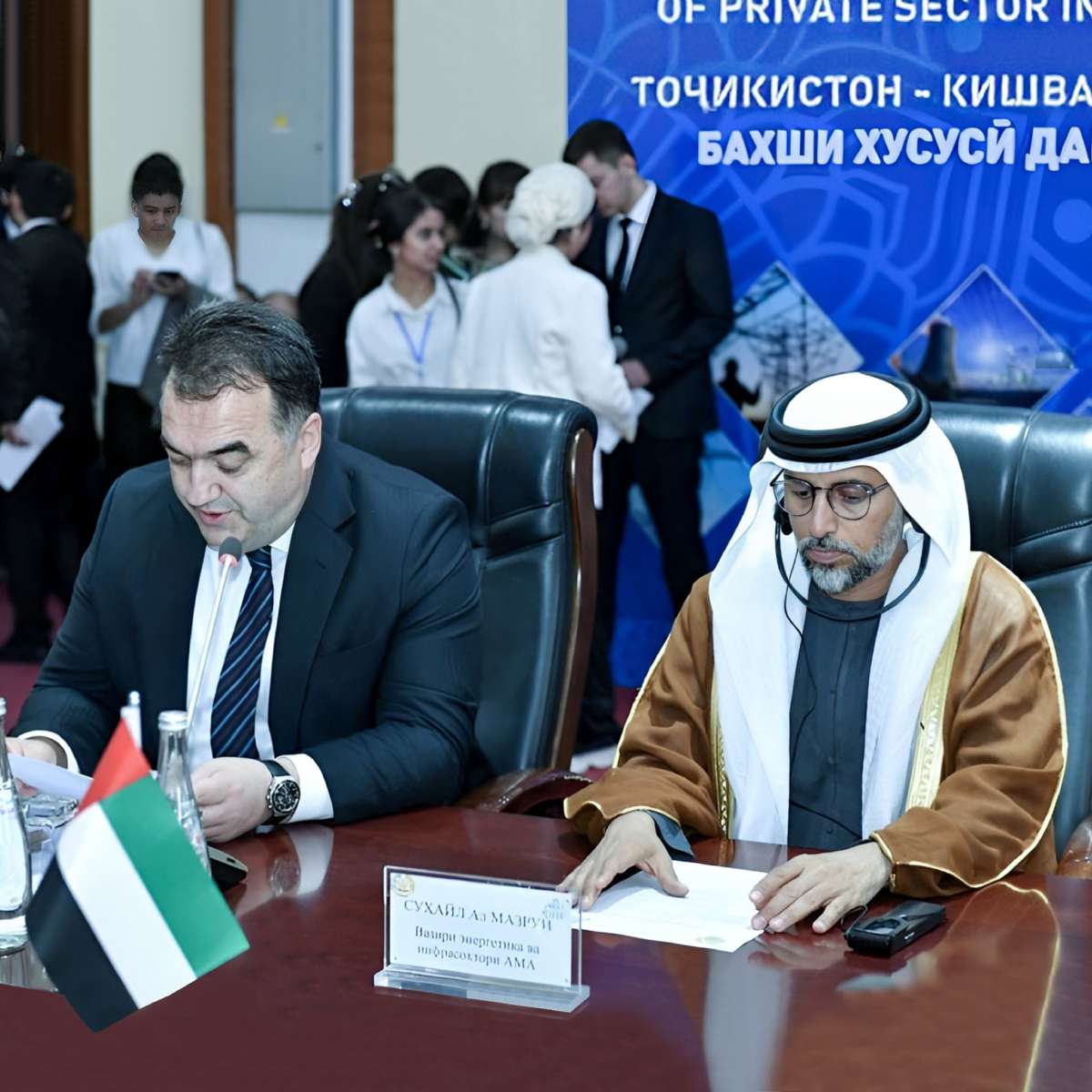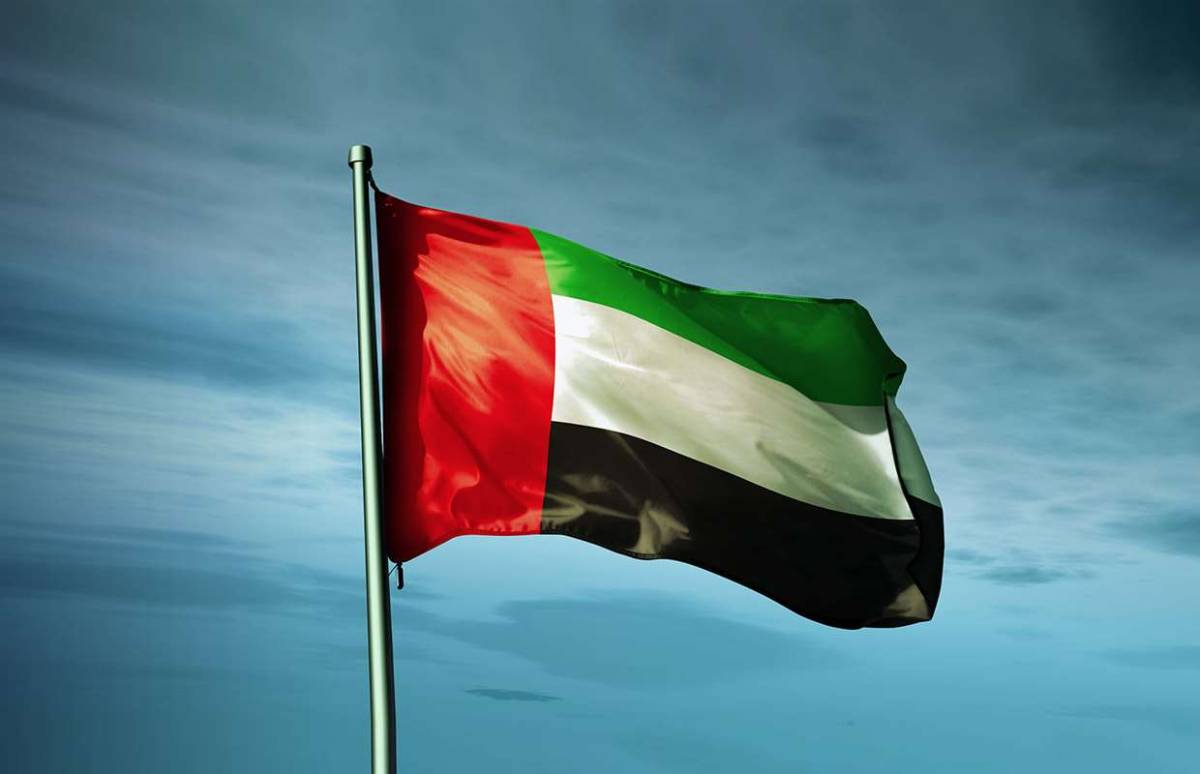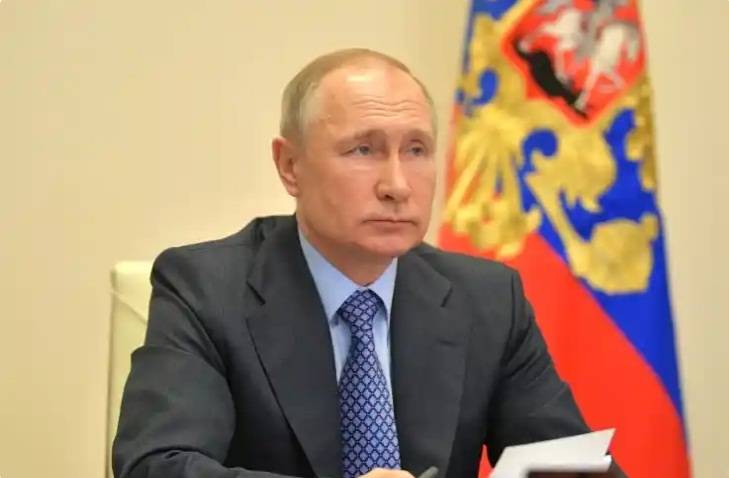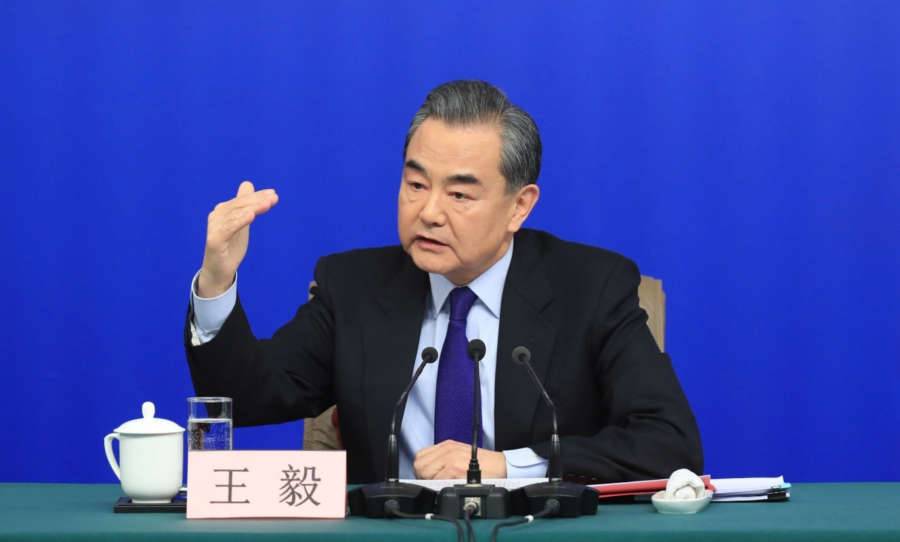The Carnegie Endowment’s Paul Stronski mentioned this in a recent podcast and suggested that Tajikistan is a messenger for the views of other countries…reports Asian Lite News.
Tajikistan is the only neighbouring country of Afghanistan which is emerging as the toughest critic of the Taliban.
Tajik authorities have taken a different position and that has raised questions about why Tajik President Emomali Rahmon and his government continue to make clear their strong opposition to a Taliban government in Afghanistan, Bruce Pannier writes in the Qishloq Ovozi blog.
Pakistan — for long a backer of the Taliban — clearly welcomed the group’s success in Afghanistan.
China, Iran, Uzbekistan and Turkmenistan — all conceded that there is nothing they could do about Afghan internal politics and held out hope that some form of cooperation with the Taliban might be possible, Pannier said.
The Tajikistan government is no doubt saying what many governments are thinking.
The Carnegie Endowment’s Paul Stronski mentioned this in a recent podcast and suggested that Tajikistan is a messenger for the views of other countries.
Tajik political expert Khairullo Mirsaidov agreed, telling Ozodi, “Rahmon could not have made such a statement without Russian consent. Now that the United States has left the region, Russia does not want to give full control of Afghanistan to Pakistan.”
After Rahmon said during an August 25 meeting with visiting Pakistani Foreign Minister Shah Mahmood Qureshi that Tajikistan would not recognise any Afghan government that was seen as exclusive, he specifically mentioned that he expected ethnic Tajiks to be included, Pannier added.
The next day, French President Emmanuel Macron invited Rahmon to visit Paris.
This proved that there are obviously some dividends to be gained by openly opposing Taliban rule in Afghanistan — and Rahmon seems to appreciate that, the blog said.
It is worth remembering that Rahmon was Tajikistan’s leader more than 20 years ago when the Taliban had control of most of Afghanistan.
None of the other current leaders in the countries bordering Afghanistan were in power when the Taliban was ousted by a US-led military invasion in 2001, Pannier wrote.
Rahmon supported a group led by ethnic Tajiks in Afghanistan who were fighting the Taliban in the late 1990s and he has given moral support to the ethnic Tajiks in Afghanistan now — including the holdout group in the Panjshir Valley that continues to oppose Taliban rule.
There is a large population of ethnic Tajiks in Afghanistan — where they make up about 25 percent of the population — and the Tajiks in Tajikistan feel a strong connection to them.
That is not true of any of the other states neighbouring Afghanistan, Pannier wrote in the blog.
In fact, Rahmon’s public concern for the Tajiks in Afghanistan has earned the generally unpopular leader of Tajikistan some rare public support in his country, an important detail as he positions his eldest son, Rustam, to take over as president, he added.
The blog said that Tajikistan’s chief Islamic cleric, Saidmukarram Abdulkodirzoda, made it clear in a September 11 interview with state news agency Khovar that improving ties with the Taliban is out of the question.
“Islam is compassion and brotherhood,” Abdulkodirzoda said, “But today the terrorist movement known as the Taliban call themselves an Islamic state and execute women, children, and brothers.”
Abdulkodirzoda had more to say and since all of Tajikistan’s top clerics are carefully vetted by the government, his views can be taken as the government’s views, Pannier added.
ALSO READ-KABULY DIARY By Amjad Ayub Mirza
READ MORE-Afghan economic crisis turns into humanitarian catastrophe

